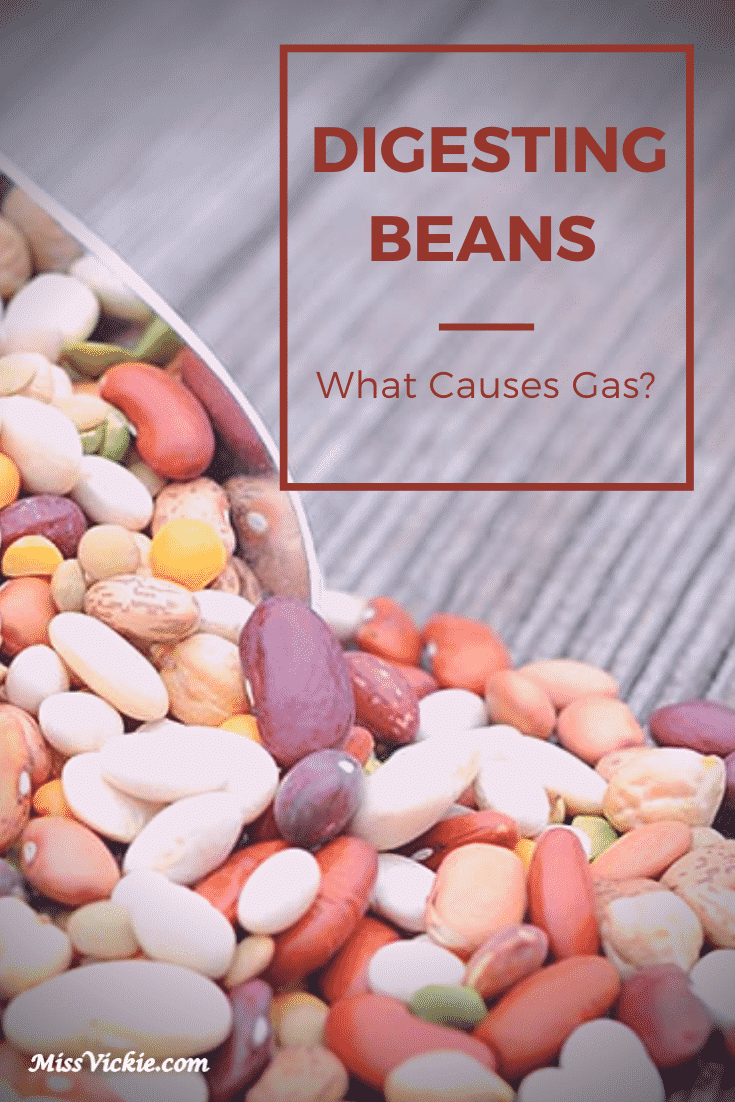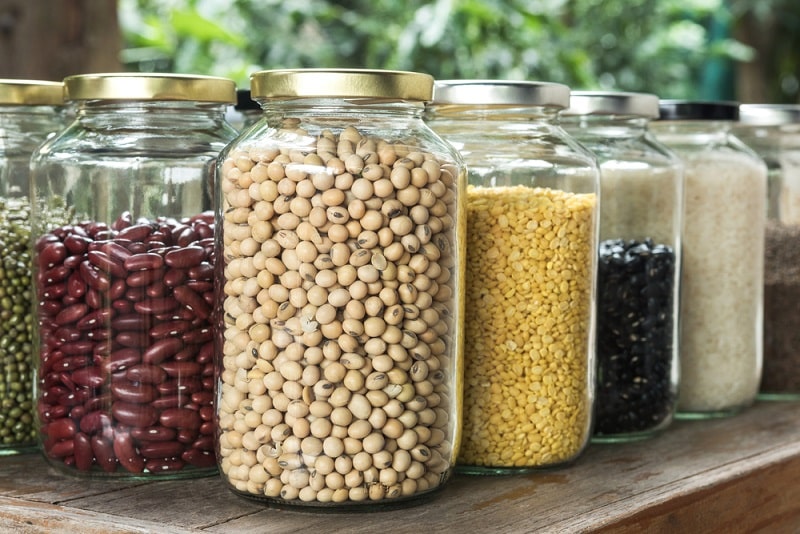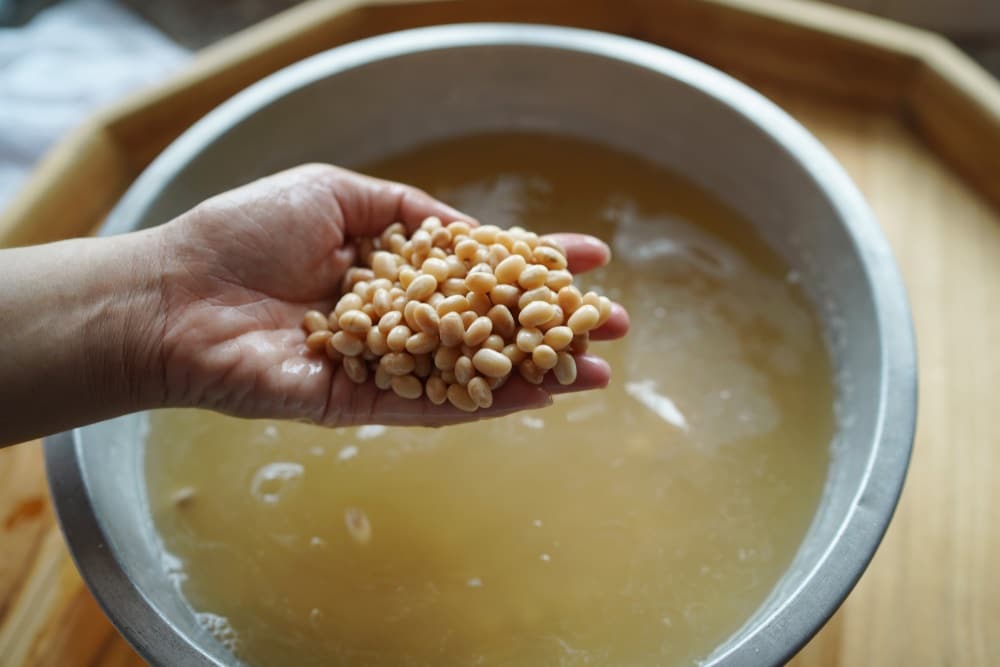
All individuals pass gas. It is part of the natural gastrointestinal process and there is no way of escaping it.
It is true, however, that consuming certain types of foods has a tendency to make an individual more gassy than usual and when this happens, it can actually be a great source of embarrassment that is hard to control or bring to a stop.
Foods that are high in fiber content such as dried beans are usually to blame for excessive instances of gas and bloating. Eating beans, especially those that have not been pre-soaked can result in a gassy and uncomfortable experience.
Does Digesting Beans Cause Gas?
Beans are loved by many not only because they are affordable but also because they have a high protein content.
Beans can be filling and delicious but some individuals have a harder time digesting beans than others which can result in bloating, gas, cramping, and indigestion.
Beans and most legumes, in general, contain sugars that are known as oligosaccharides. Oligosaccharides are made up of large molecules that are hard to break down.
The human body does not actually produce the enzyme that can allow oligosaccharides to be broken down, which means that they are not typically absorbed in the same way as other sugars are.
The bacteria in the gut is what actually breaks down these sugars and when this occurs, it leads to fermentation and gas production in a process that is referred to as flatulence.
If this gas is left to accumulate in the gut, it may cause one to feel bloated, cramping, or excessive pain in the abdomen.
How to prevent your beans from becoming gassy
To prevent gas and flatulence, there are a couple of things that you can do to ensure that beans are safe to eat and easier to digest. Some of the things that can help to make beans digestible include:
1. Proper bean storage
To prevent bloating, dried beans should be stored in an airtight container in a cool dry area. When stored, the beans should be consumed within 3 to 6 months. Storing them any longer might make them harder to cook and difficult to soften during the pre-soaking process.
2. Learn how to cook beans properly
It is easy to prepare beans if you want to enjoy all the nutrients that they have to offer, but cooking beans improperly can lead to digestive and bloating problems.
To cook beans, you will need to prepare ahead of time by doing things such as pre-soaking. Beans must be soaked in water for at least 8 hours. Depending on the type of beans you are using, the soaking period can be longer.
The soaking process does not eliminate the oligosaccharides fully but some of the oligosaccharides will remain in the water which can help greatly.
You should therefore never use the pre-soaked water for the cooking process as you should discard it instead. Beans must also be cooked for extended periods on a stovetop in order to fully eliminate the primary ingredient that causes bloating (oligosaccharides).


use a pressure cooker to cook the beans